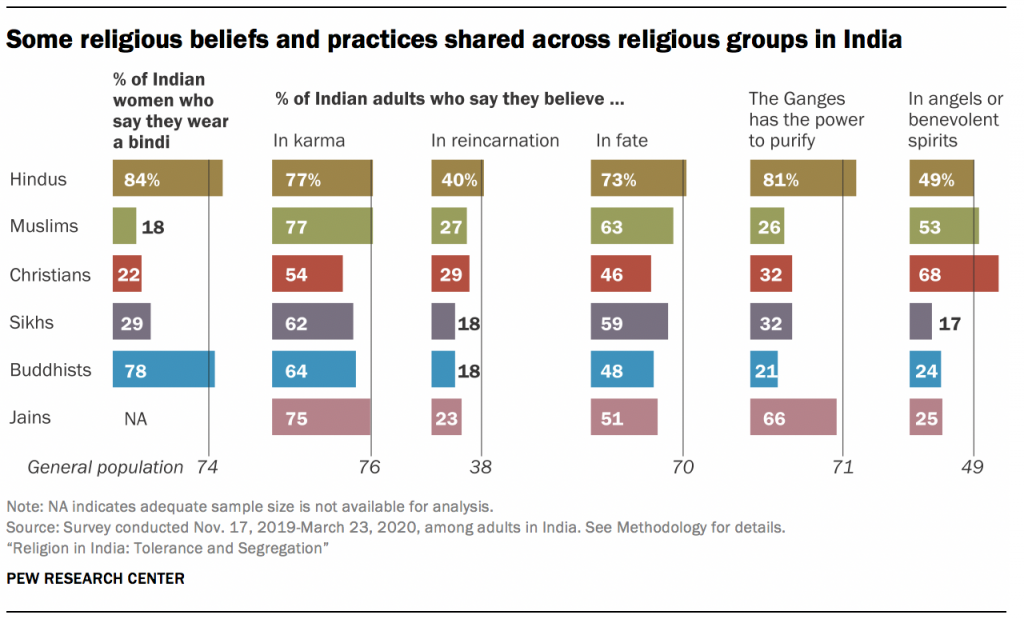 Message from Ambassador Mussie Hailu* of URI, a partner of the Religious Freedom & Business Foundation
Message from Ambassador Mussie Hailu* of URI, a partner of the Religious Freedom & Business Foundation
Dear Colleagues,
As we are celebrating the Golden Rule Day on April 5, I want to present you greetings of peace and blessings on behalf of members of United Religions Initiative (URI) from all over the world and want to say to our Muslim brothers and Sisters, Ramadan Kareem.
For a culture of peace, inter-religious & inter-cultural harmony, respect among nations, human dignity and social justice to prevail on Earth, it is high time to promote the teaching of the Golden Rule throughout the world and introduce it in the school curriculum as part of education for peace.
Our wellbeing increasingly depends on how well we interact and live together with others based on the teaching of the Golden Rule which says “Treat others the way you want to be treated.”
In this interrelated world we need the Golden Rule more than ever as it is a fundamental human value needed today as the basis for peaceful co-existence, Compassion, Social Justice and Human Dignity.
To treat others like we want to be treated requires a constant active consideration of how our words and actions affect others. By putting this time-honored principle into daily practice, and asking our friends, families and leaders to do the same, we can work toward creating a greater understanding, respect for one another and promote a culture of peace and interfaith harmony.
The Golden Rule will help us to appreciate both our differences and the common values that bind us to one another. It helps us to recognize pluralism and respect diversity.
As you know our shrinking “global village” is evolving into a multi-racial, multi-cultural and multi-religious society and in this interconnected world, the peoples of all nations are our close neighbors and our well being increasingly depends on how well we interact and live together based on the teaching of the Golden Rule as the Golden Rule is the roadmap to build peaceful co-existence, social cohesion, harmony, human dignity and secure a better future for this generation and generation yet to come.
Among the many reasons why we need to celebrate the Golden Rule Day and live accordingly every day in our life and pay due attention for the teaching of the Golden Rule is because:
- – It calls us to extend our concern beyond ourselves and to embrace a greater understanding and respect for others
- – It is the roadmap for inter-religious and inter-cultural harmony
- – It is the pathway for peaceful co-existence, harmony, equality and promoting human right, mutual respect, dignity, compassion and unity in diversity
- – It is affirmed in many religions, traditions, indigenous cultures and secular philosophies as a fundamental principle of life and the foundation on which a global ethic is founded
- – It is a universal message which is accepted throughout the world
- – Its message is simple, universal and powerful
- – It is the most prevalent and universal moral principle in human history
- – It summarizes the basic teaching of compassion, non-violence, respect, and honoring the dignity of all living beings.
- – It is the best guide we have to help peoples of the world to live together in mutual respect and harmony
- – It is a way to disarm fear, to open the world for better change and to lay the foundations for lasting peace
- – It is a preventive mechanism and antidote to discrimination, disrespect, greedy, violence, crime, hate speech and incitement which leads to war and the violation of human right
- – It is the best way to counter violent extremism, radicalization and xenophobia
- – It transcends our differences and encourages us to consider the well-being of all life forms on Earth and it helps to recognize pluralism and respect diversity
It is with this in mind that, in 2007, the United Religions Initiative-Africa and Interfaith Peace-building Initiative (IPI) a URI CC based in Ethiopia declared April 5 as a “Golden Rule Day” and called upon all citizens of the world, religious leaders, Mayors, heads of state, the United Nations, the African Union, the European Union, the League of Arab States, interfaith organizations, schools, higher learning institutions, the business community, civil society and all other stakeholders to join URI-Africa and IPI in proclaiming April 5 as Golden Rule Day and to live accordingly to make this world a better and peaceful for all. I am so happy to inform you that since then about 900 organizations in 170 countries have joined us in proclaiming the Golden Rule Day. Since 2007 more than 4 million copies of the Golden Rule poster have been distributed throughout the world by URI-Africa.
In addition to this, in 2007 we also started the Golden Rule Goodwill Ambassador program to highlight and promote the Golden Rule. Since 2007 every year we honor individuals or organizations who set a good example for the teaching of the Golden Rule with the Golden Rule Medal, Plague and appoint them as a Goodwill Ambassador of Golden Rule.
For new ways to unfold before us, for tears to bathe wounds of war, for hatred to soften into harmony, for greed to turn to generosity each of us need to be the change we want to see in the world and live according to the teaching of the Golden Rule as world peace is only possible when we start to make peace within ourselves, our families and in our respective communities.
As citizens of the world, we need to open our hearts and minds to understand the uniqueness of each one of us and to pour out the spirit of love, compassion, forgiveness and living for the sake of other so that our hearts will open more and our minds will understand the depth of our call as human being living in the 21st century. We need to avoid violence in all its forms and stand up for a culture of peace by making the Golden Rule the first article of our faith and the last article of our creed.
Each of us needs to commit ourselves as best as we can to become nonviolent and to make personal pledges to peace and to be instruments of peace.
Let us walk the talk by taking practical action and live according to the principle of Golden Rule in our daily life.
Let us support the initiative of Karen Armstrong “Charter for Compassion” which is the base for the Golden Rule.
May Peace, Golden Rule and Compassion Prevail in our Heart, Mind, Family, Community, Country and the World.
May Peace Prevail on Earth!
In peace and gratitude,
- Amb. Mussie Hailu
- Director of Global Partnership &
- Representative to African Union & United Nations
- Regional Director for Africa
- United Religions Initiative
* Ambassador Mussie Hailu is a peace builder who is working at national, regional and international level in promoting a culture of peace, the teaching of the Golden Rule, reconciliation, interfaith & inter-cultural harmony, human dignity, disarmament, compassion for animals, building right human relationship, constructive dialogue, environmental protection and building bridges for international cooperation for the common good of all humanity and Mother Earth. Currently he serves as Director of Global Partnership and Representative of the United Religions Initiative to the United Nations and the African Union.
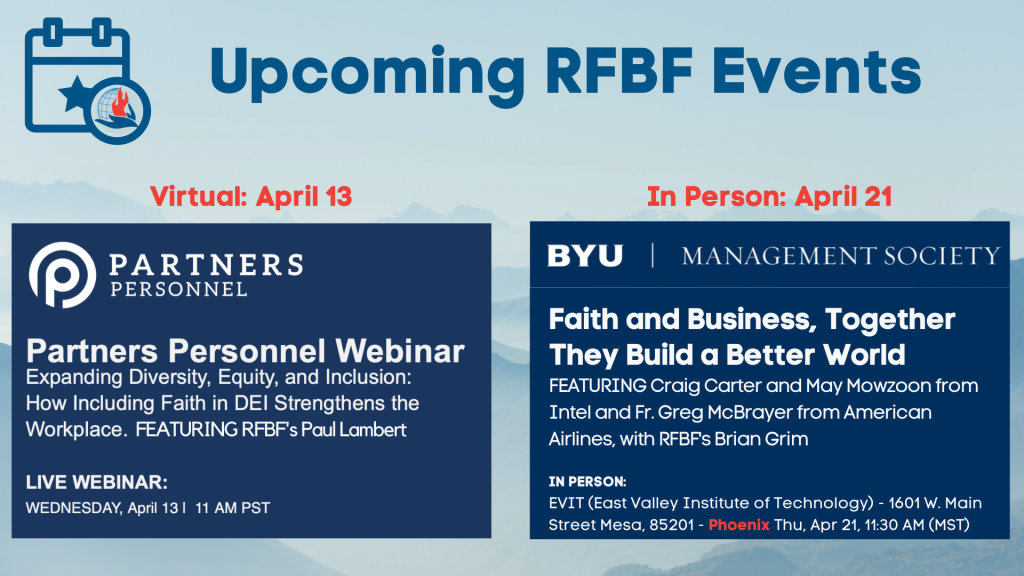 DEI has become a priority of companies across the world, and for good reason. There is a clear business case for building effective DEI initiatives in the workplace. But what about faith and belief? Are they part of DEI? How should faith and belief be addressed at work?
DEI has become a priority of companies across the world, and for good reason. There is a clear business case for building effective DEI initiatives in the workplace. But what about faith and belief? Are they part of DEI? How should faith and belief be addressed at work? Finally, if you’re interested to learn more about the faith@work diversity movement, join us in person at our May 23-25 Dare to Overcome annual faith@work ERG conference and awards.
Finally, if you’re interested to learn more about the faith@work diversity movement, join us in person at our May 23-25 Dare to Overcome annual faith@work ERG conference and awards.


 by
by 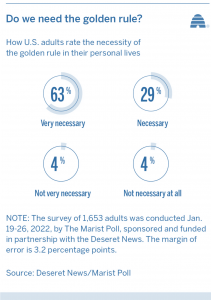

 Message from Ambassador
Message from Ambassador 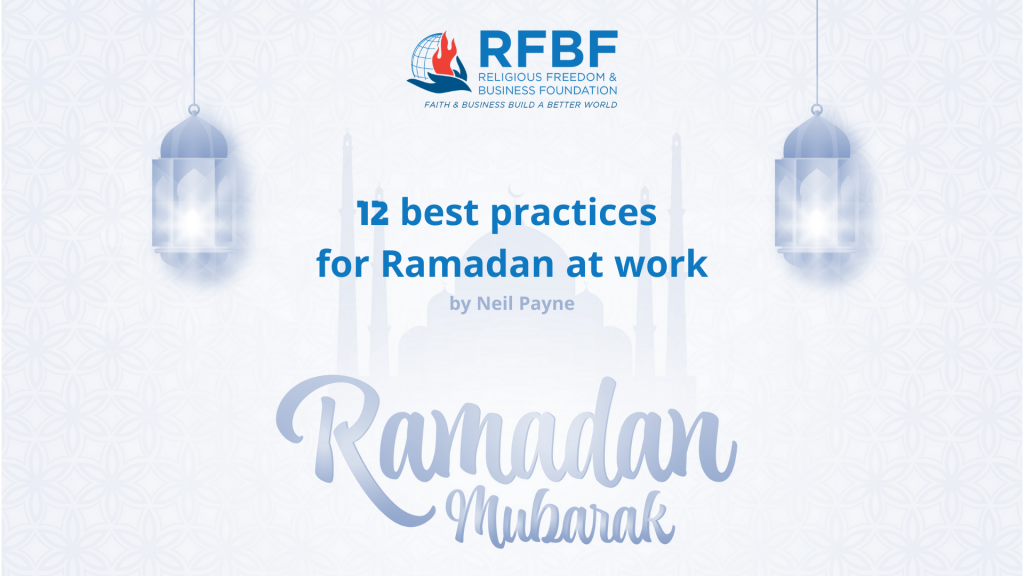


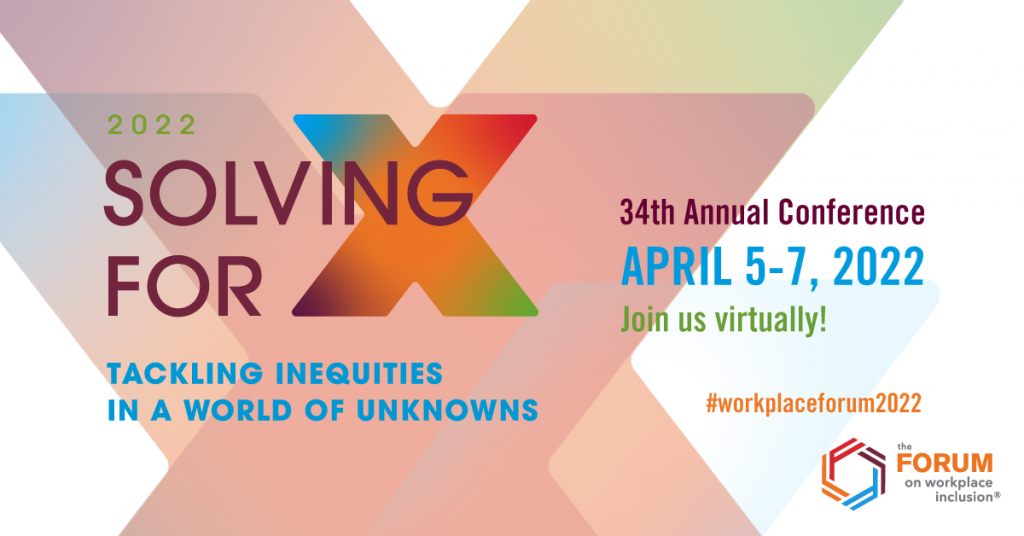





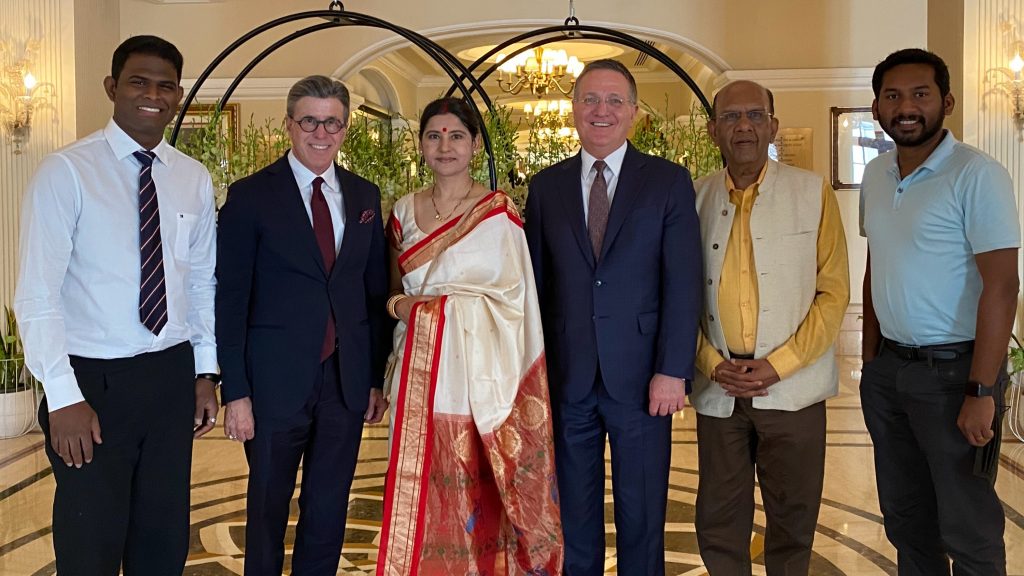 by
by 

